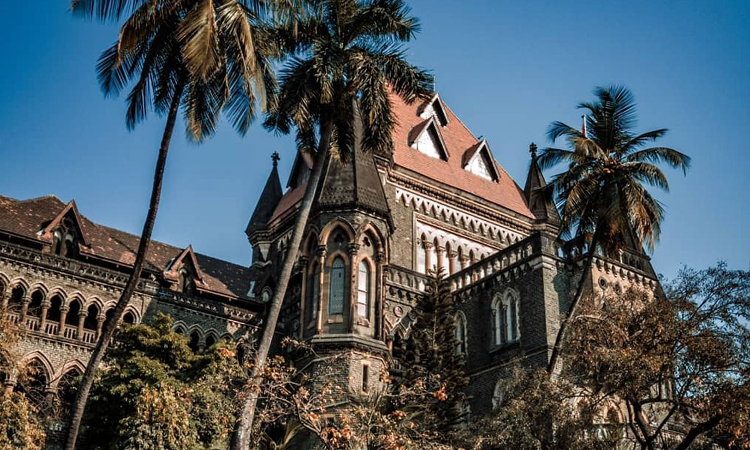The Bombay High Court has quashed FAQ 61 of the circular 21/2020 dated December 4, 2020, issued by the CBDT to the extent that it restricts appeals to those dismissed in limine’ on the ground that it was not only adverse to the interest of the assessee but also contrary to the object and reasons of the Direct Tax Vivad Se Viswas Act, 2020 (DTVSV-A).The bench of Justice Dhiraj Singh Thakur...

